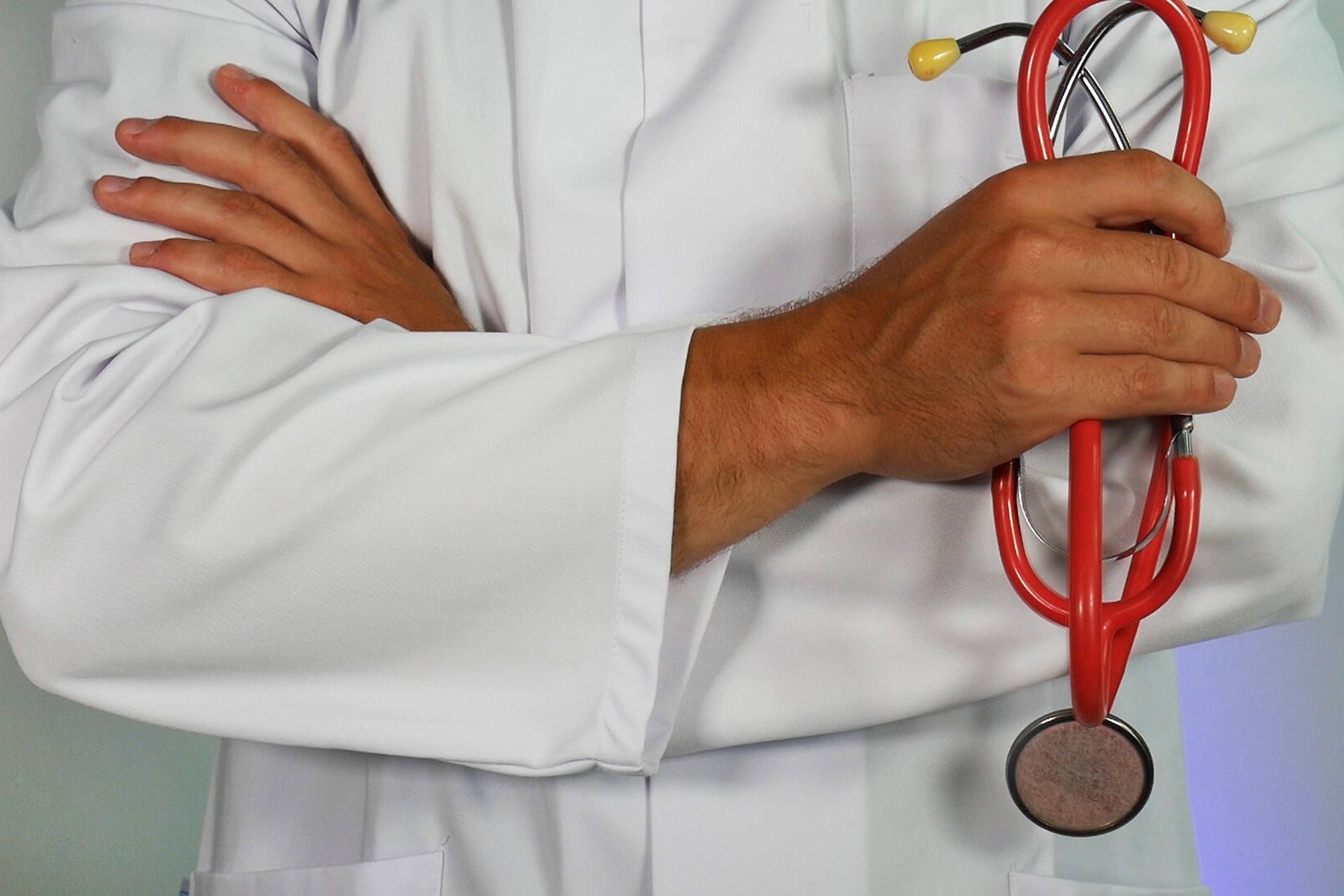Many Alaskans are concerned by the proposed state budget cuts. There are numerous essential services at risk, but I am particularly concerned for the future of the WWAMI program. WWAMI is the University of Washington School of Medicine’s multi-state medical education program; the acronym, stands for the states it serves: Washington, Wyoming, Alaska, Montana and Idaho.
As a medical student, I have committed myself to the study of evidence-based practice. It’s tempting for me to discuss the numbers that illustrate the value and efficacy of the WWAMI program with respect to educating and retaining physicians for the state. I could tell you that our return rate (61 percent) is fourth in the nation for public medical schools, or that Alaska pays only $4.62 per capita per year for the WWAMI program.
This is true. However, what I think you may find more compelling is how spending my first two years of medical school here in Anchorage has strengthened my resolve to practice medicine in Alaska and set me up rise to the unique challenges of providing health care to Alaskans. I have seen what it takes to be a physician here, I understand what we need from our medical providers, and I have built a community that I feel supported by and committed to.
Born and raised in Juneau, my first experiences with patient care was as a medical scribe in the Bartlett Emergency Department and shadowing providers at Valley Medical Care. When I was accepted into the WWAMI program, the doctor who called to tell me the good news was the same doctor who delivered me 27 years before. During my first two years in the WWAMI program, I spent one day a week in Anchorage family medicine clinics and at Providence Regional Hospital. The providers I have worked with in both Juneau and Anchorage have shaped my ideas about what kind of physician I want to be.
In the classroom, MDs told stories of cases complicated by limited resources and transportation challenges, made us aware of particular illnesses and injuries more common in Alaska, all while speaking enthusiastically about providing rural health care. My housemate is a family medicine resident at Providence, and my perception of family medicine is shaped by his experiences and enthusiasm. Through him I’ve broadened my understanding of the incredible scope of the family practice physician in Alaska, and can better imagine filling that role.
As I begin my clinical rotations this spring, I will approach each one with an awareness of our state-specific needs. I’m currently finishing my first clerkship at an Anchorage OB/GYN practice with WWAMI graduates who were in my shoes a decade ago. I’ve measured fetal heart tones on patients who have traveled from rural communities for prenatal care and participated in translator-assisted annual exams with women who belong to Anchorage’s sizable English-as-a-second-language populations. Next, I will be in Seattle rotating on the psychiatric service at Harborview Medical Center; knowing that Alaska is in desperate need of psychiatrists motivates me to seriously consider this specialty.
Whatever kind of medicine I ultimately choose to practice — psychiatry, family medicine, obstetrics and gynecology, or something else entirely — I feel committed to providing care to Medicaid patients. I am insured through Denali Care, and I’ve felt the frustration that comes with realizing your provider no longer accepts your insurance.
My class is composed of 20 students, all of whom are Alaskans. Many of them, like me, were born and raised here. They have become my family, and I am constantly inspired by their fierce commitment to bettering themselves in the service of their future patients. They are some of the kindest, smartest and most hard-working people I have ever met.
We are grateful for the opportunity to begin our study of medicine in the state we call home. I know that many of them will practice in Alaska, and the promise of working with them is yet another reason for me to return. I’m certain that — thanks to the WWAMI program — more of us will come home after our training is complete, ready to tackle the unique challenges we face in Alaska in the decades to come.
As the budget evolves, I hope the Legislature recognizes the value that locally educated physicians add to our health care system. The benefits that the WWAMI program confers to the Alaskans make it well worth continued funding.
• Jill Carlile is a third year medical student at the University of Washington WWAMI School of Medicine. She is part of the Alaska entering class of 2017 and grew up in Juneau (JDHS class of 2007). My Turns and Letters to the Editor represent the view of the author, not the view of the Juneau Empire.

